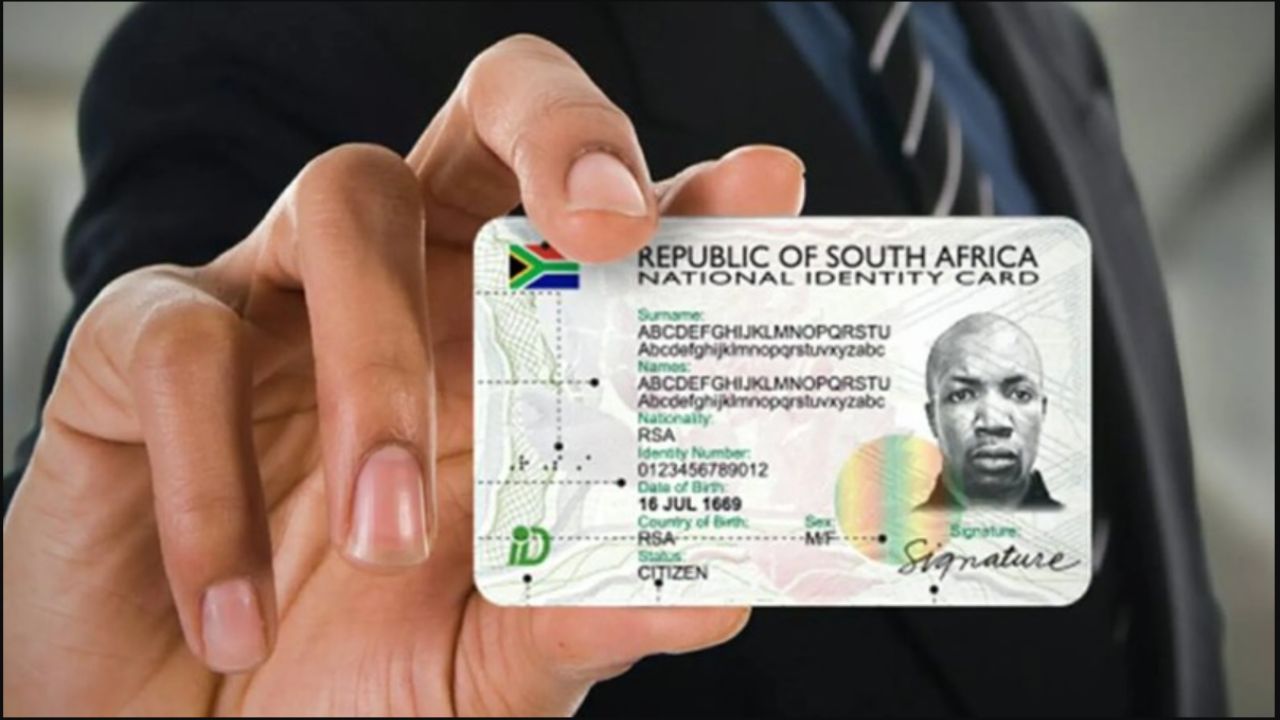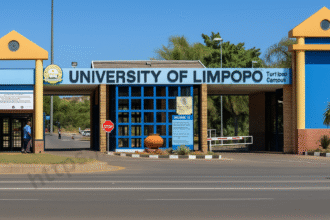What is the Aps Score for Diploma in Information Technology at TUT? If you’re planning to pursue a Diploma in Information Technology at Tshwane University of Technology (TUT), understanding the APS score requirements is one of the first and most important steps. TUT is one of South Africa’s most reputable institutions for technical and vocational education, and the field of Information Technology (IT) is in high demand among future-ready students.
In this article, we’ll break down everything you need to know about the APS score for Diploma in Information Technology at TUT, including the selection criteria, subjects considered, and what sets this qualification apart. Whether you’re applying with Mathematics or Mathematical Literacy, this guide will help you prepare for your application.
What is an Admission Point Score (APS)?
The Admission Point Score (APS) is a system used by South African universities to evaluate and rank applicants based on their matric results. Each subject is given a point value depending on the grade you achieved, and these points are totaled to determine your APS.
Here’s a general guideline for how APS points are awarded:
| NSC Level | Percentage (%) | APS Points |
|---|---|---|
| Level 7 | 80–100% | 7 |
| Level 6 | 70–79% | 6 |
| Level 5 | 60–69% | 5 |
| Level 4 | 50–59% | 4 |
| Level 3 | 40–49% | 3 |
| Level 2 | 30–39% | 2 |
| Level 1 | 0–29% | 1 |
When calculating your APS for the Diploma in Information Technology at TUT, specific subjects such as English, Mathematics or Mathematical Literacy, and others relevant to the field are crucial.
APS Score Requirements for Diploma in Information Technology at TUT
1. Applicants with Mathematics or Technical Mathematics
To qualify for the Diploma in IT at TUT, candidates must have an APS of at least 26 if they offer Mathematics or Technical Mathematics as a subject.
2. Applicants with Mathematical Literacy
If the applicant completed matric with Mathematical Literacy, they must have a minimum APS of 28 to be considered for this programme.
This distinction is essential because TUT recognizes the difference in curriculum between pure Mathematics and Mathematical Literacy, especially in a technical field like IT where mathematical reasoning is critical.
Why Choose the Diploma in Information Technology at TUT?
TUT offers a dynamic and career-oriented Diploma in Information Technology, which equips students with practical skills in computing, systems analysis, software development, and network infrastructure. The curriculum is designed to reflect real-world demands and emerging technology trends.
- Duration: 3 years (full-time)
- Campus: The programme is typically offered at the Pretoria Campus
- Curriculum Includes: Programming, Databases, Computer Networks, Web Development, IT Project Management
- Internships/Work-Integrated Learning: Students often complete industry-based learning as part of the diploma
Minimum Entry Requirements for Diploma in Information Technology at TUT
In addition to meeting the required APS score, applicants must have passed the following subjects:
- English (Home or First Additional Language): Level 4 or higher
- Mathematics/Technical Mathematics: Level 4 or higher (for 26 APS)
- Mathematical Literacy: Level 5 or higher (for 28 APS)
- Any additional subjects contributing to the APS score
It’s essential to note that meeting the minimum APS score does not guarantee admission, as the programme is highly competitive. The selection is based on availability and final results.
Tips for Securing Admission to TUT Information Technology
To improve your chances of being accepted:
- Aim higher than the minimum APS score: The higher your APS, the better your chances in a competitive field.
- Take extra short courses in coding or computer literacy: This demonstrates your commitment and can give you an edge.
- Participate in IT clubs or tech expos: Real-world engagement reflects passion and initiative.
- Prepare all documents early: Submit your application with complete supporting documentation before the deadline.
Career Opportunities with a Diploma in Information Technology from TUT
Graduates from the Diploma in IT at Tshwane University of Technology are well-prepared for various roles in the tech industry. Some popular career paths include:
- Software Developer
- Network Administrator
- Database Manager
- Web Developer
- Systems Analyst
- Technical Support Specialist
Given the rapid growth of the digital economy in South Africa and across the globe, IT professionals are in constant demand across industries.
How to Apply for the Diploma in IT at TUT
Applications can be made online through the TUT Online Application portal. Here’s a quick overview:
Step-by-Step Application Process:
- Visit www.tut.ac.za
- Navigate to ‘Apply Now’
- Select ‘Online Application 2026’
- Fill in your personal details
- Upload certified copies of your academic records and ID
- Submit your application before the closing date
Always keep an eye on the TUT Prospectus for updated information on the course content, fees, and requirements.
Important Dates and Deadlines
- Application Opening Date: Generally in March/April each year
- Application Closing Date: Usually around 30 September
Make sure to apply early to avoid last-minute technical errors or missed documentation.
Conclusion
The APS score for Diploma in Information Technology at TUT is a vital part of the application process. If you’re passionate about computers, problem-solving, and the digital world, this diploma could be your gateway to a thriving career. With an APS of 26 (with Mathematics) or 28 (with Mathematical Literacy), and a strong academic record, your future in tech is within reach at one of South Africa’s leading institutions.










